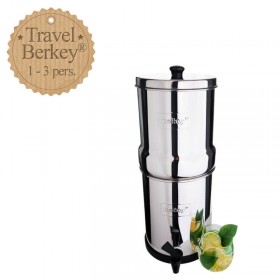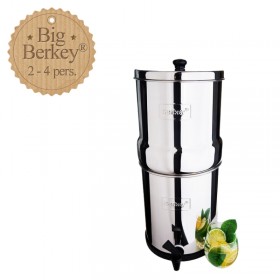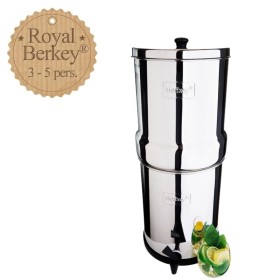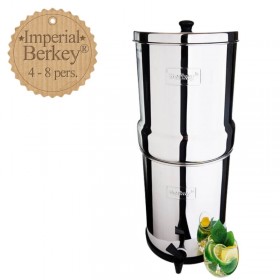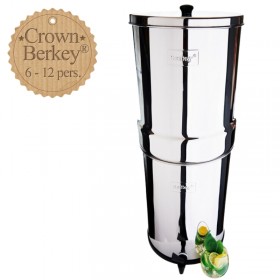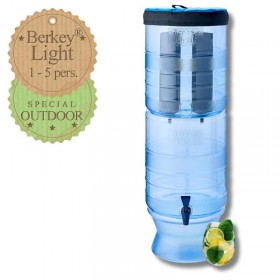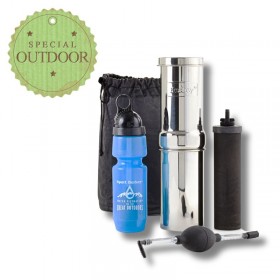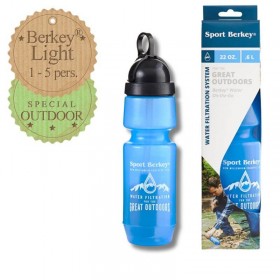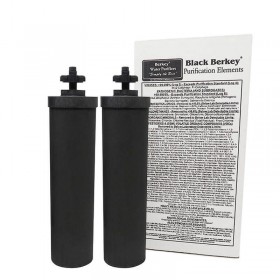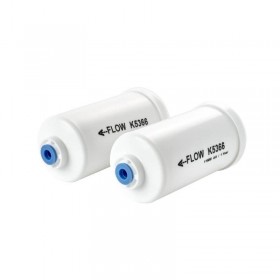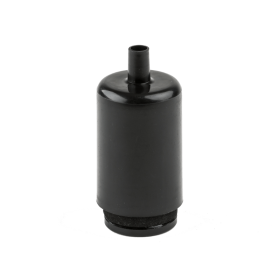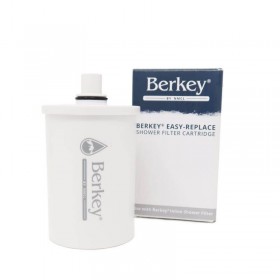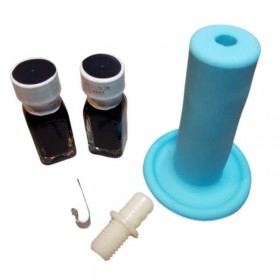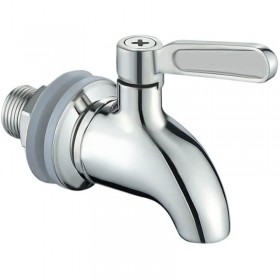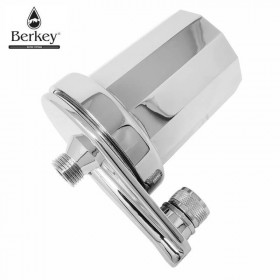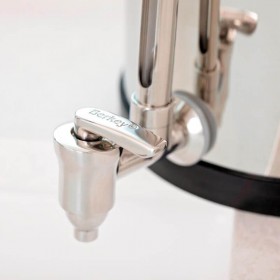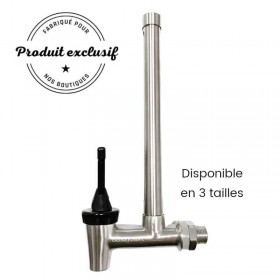Water, an essential component of our body, is everywhere: in our brain, tissues, at the core of our cells...
It's important to pay attention to the quality of the water we drink.
By losing an average of 2 liters of water per day through sweating, breathing, and urination, we need to replenish our stocks by assimilating 2 to 2.5 liters of water daily, ingested and absorbed.
It is recommended to drink 1 to 1.5 liters of water per day.
But the water we have access to is increasingly polluted. Pesticides, drug residues, hormones, heavy metals, the list of pollutants we find almost everywhere grows inexorably over time. The accumulation of these undesirable substances in our body and their combined effects are factors in the development of serious diseases.
Which Water to Consume?
Today, water consumption primarily comes from two sources: bottled water and tap water. The first, widely used, has undeniable drawbacks such as cost, pollution from plastics used, and relative quality. The second, although potable, often contains numerous pollution residues.
Another alternative, adopted by some out of necessity or choice, is to drink "natural" and collected water, such as rainwater, well water, or spring water. These waters are not always free from pollution and require special attention. Berkey® filtration systems are not just simple water filters, but true water purifiers. As such, they are capable of purifying and making this type of water potable, taking the necessary precautions.
Bottled Water
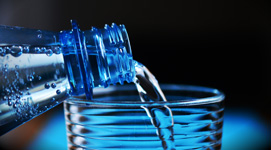 There are two types: mineral water and spring water. Both come from underground sources. Many people mistakenly think they are the ultimate solution. But did you know that more than 90% of the most consumed brands contain, for example, microplastics, whose health risks, though still debated, seem quite probable.
There are two types: mineral water and spring water. Both come from underground sources. Many people mistakenly think they are the ultimate solution. But did you know that more than 90% of the most consumed brands contain, for example, microplastics, whose health risks, though still debated, seem quite probable.
Some contain undesirable substances (to put it mildly) such as arsenic or barium. Others have fluoride levels so high that they would simply be banned from the public network because they do not meet the potability standards governing water consumption in France. Did you also know that a bottle of water must be consumed within 48 hours after opening to avoid the development of certain bacteria?
And what about the carbon footprint?
Then there's the transport by truck to its place of sale, generating substantial pollution and contributing to the increase in greenhouse gases. Adding to this is the pollution from your car trips to buy it and then return the empty bottles to a recycling collection point. Bottled water has a carbon footprint 65 times higher than tap water due to its transport and the packaging it generates. Not to mention the millions of tons of plastic that need to be recycled, some of which ends up in nature and consequently in our bodies...
Finally, it is impractical to store and represents a significant cost for daily family consumption. It is the most expensive consumption method.
Tap Water
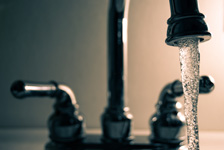 Most of this water, like bottled water, comes from underground sources. It is highly regulated and, with rare exceptions, potable - at least according to the administrative definition that governs it.
Most of this water, like bottled water, comes from underground sources. It is highly regulated and, with rare exceptions, potable - at least according to the administrative definition that governs it.
Its consumption avoids pollution from its transport or packaging recycling and is much cheaper than bottled water.
But potable does not mean free of harmful substances for daily use. Many consumer associations estimate that several million people still have access to water polluted by pesticides or nitrates, resulting from conventional agricultural activity. It is also polluted by bacterial contaminants, arsenic, or lead, partly due to its transport through pipelines containing toxic components.
In Conclusion...
Setting aside the risk of pollution by undesirable components, since they are present in both bottled and tap water, it seems objective to say that consuming tap water has obvious advantages.
No need to store it, no tedious transport, it's easily accessible, and it is by far the cheapest compared to bottled water.
However, as mentioned earlier, tap water is not free from residual pollution, unfortunately increasingly numerous. While it remains potable, what about the long-term effects of all these particles accumulating in our bodies?
What to Do if the Water We Have Access to is Potentially Polluted?
A very good solution is to filter it with a Berkey® water purifier, the world leader in gravity water purification. The many models of Berkey® water filters guarantee you 99.999% safe water. They are efficient, economical, self-sufficient, and whether you are sedentary or always on the move, there is a filtration solution for you. Once adopted, your Berkey® system will quickly become an indispensable part of your daily life.
A Berkey® water filter is economical (less than 1 cent per liter of filtered water), eco-friendly (no more plastic bottles), and self-sufficient (works without electricity or water network)!

